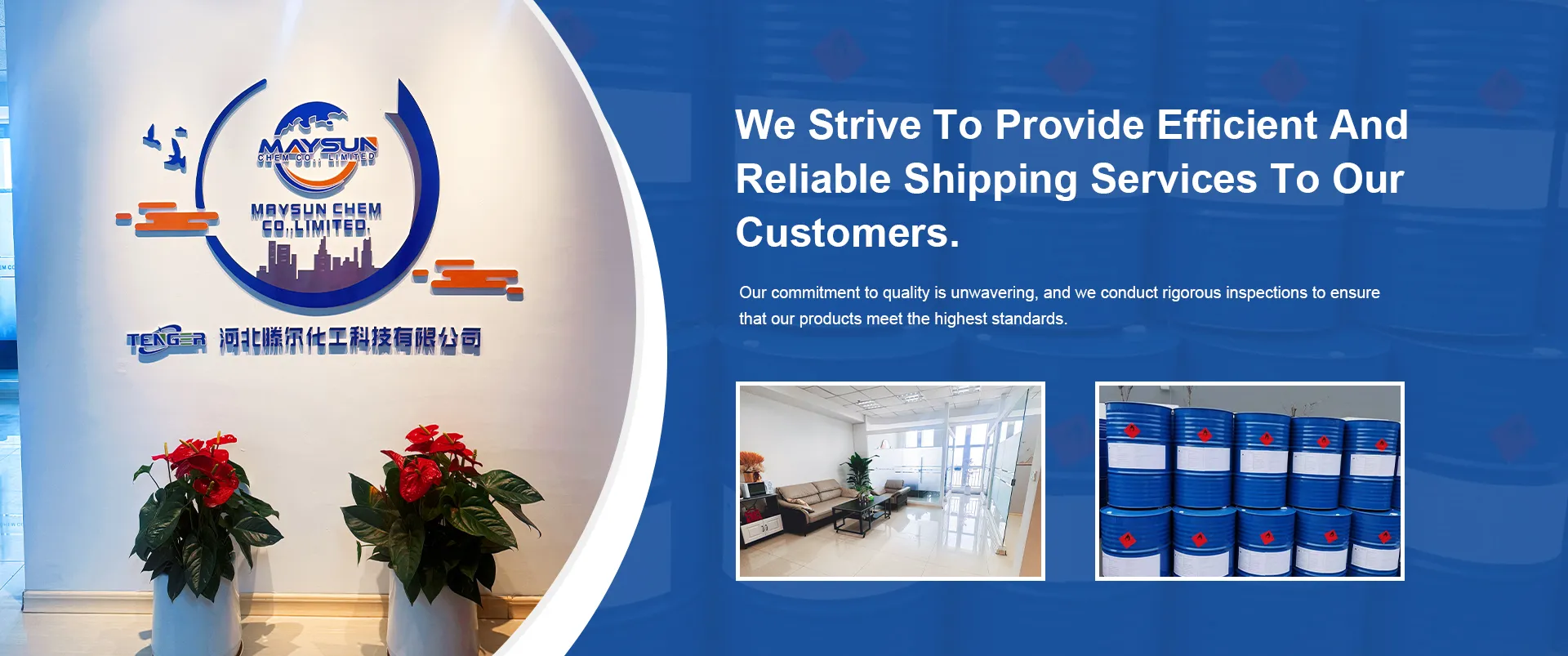
benzoic acid used as preservative
Benzoic Acid A Widely Used Preservative
Benzoic acid, a simple aromatic carboxylic acid, has been a staple in food preservation for many decades. Its use as a preservative is primarily attributed to its effectiveness in inhibiting the growth of mold, yeast, and some bacteria, which helps extend the shelf-life of various food products. As a naturally occurring compound found in certain fruits and spices, benzoic acid is often produced synthetically for commercial use, making it both economically feasible and widely available.
Chemical Properties and Mechanism of Action
Benzoic acid is characterized by its chemical formula C7H6O2 and a molecular weight of 122.12 g/mol. It is a white crystalline solid at room temperature and possesses a slightly sweet and aromatic flavor. The acid is soluble in ethanol and ether but only partially soluble in water. Its preservative action is largely due to its ability to dissociate into benzoate ions in solution. When the pH of the environment is low (acidic), benzoic acid remains predominantly in its undissociated form, which is more effective in penetrating microbial cell membranes. Once inside the cell, it disrupts the cellular processes, ultimately inhibiting microbial growth.
Applications in Food Preservation
Benzoic acid and its salt, sodium benzoate, are widely used in various food products, including soft drinks, fruit juices, pickles, and jams. The Food and Drug Administration (FDA) recognizes sodium benzoate as generally recognized as safe (GRAS) when used within specific concentration limits, typically up to 0.1% in foods. This acceptance is due to extensive studies demonstrating that benzoic acid and its derivatives are effective for preserving food without significant adverse health effects when consumed within recommended levels.
One of the most notable uses of benzoic acid is in carbonated beverages. Its presence helps prevent spoilage and maintains product quality by inhibiting the growth of certain bacteria and fungi that could otherwise cause spoilage. Additionally, it plays a role in maintaining the visual and sensory qualities of the beverage, which is paramount for consumer satisfaction.
benzoic acid used as preservative

Safety and Regulatory Considerations
Despite its widespread usage, there are concerns regarding the safety of benzoic acid and its potential to cause negative health effects. Studies have suggested that the compound may form benzene, a known carcinogen, when combined with ascorbic acid (vitamin C) under certain conditions, such as exposure to heat and light. However, regulatory agencies, including the FDA and the European Food Safety Authority (EFSA), have established acceptable daily intake levels for benzoic acid and its derivatives to mitigate these risks. Consumption far below these thresholds is deemed safe for the general population.
Moreover, some individuals may experience sensitivities or allergic reactions to benzoic acid, particularly those with pre-existing conditions such as asthma. Thus, awareness and labeling of food products containing this preservative are critical, allowing consumers to make informed choices about their food.
Natural Alternatives and Evolving Trends
With the growing demand for natural and organic food products, there is an increasing trend towards the use of natural preservatives over synthetic ones. Some alternatives to benzoic acid include various plant extracts with antimicrobial properties, such as rosemary and oregano. These natural options are often perceived as healthier and more appealing to certain consumer segments. Nevertheless, the efficacy, cost, and regulatory framework surrounding natural preservatives may pose challenges that keep benzoic acid as a popular choice.
Conclusion
Benzoic acid remains a vital player in the field of food preservation, renowned for its effectiveness, safety profile, and economic viability. As the food industry continues to evolve and consumer preferences shift, the role of benzoic acid may be challenged by natural alternatives, but its historical significance and functionality ensure its position within the realm of food safety. Ultimately, understanding the science behind benzoic acid, its applications, and the regulations governing its use will enable consumers and manufacturers alike to navigate the complex landscape of food preservation with confidence.
-
Understanding Synthetic Rubber OptionsNewsApr.27,2025
-
Trichloroisocyanuric Acid: Essential for Clean and Safe WaterNewsApr.27,2025
-
Sodium Dichloroisocyanurate: Key to Safe Water TreatmentNewsApr.27,2025
-
Sodium Acid Pyrophosphate: Essential in Modern Food ProcessingNewsApr.27,2025
-
Essential Water Treatment ChemicalsNewsApr.27,2025
-
Denatured Alcohol and Its Industrial UsesNewsApr.27,2025
-
The Versatile Uses of Sodium BicarbonateNewsApr.24,2025
Hebei Tenger Chemical Technology Co., Ltd. focuses on the chemical industry and is committed to the export service of chemical raw materials.
-

view more DiethanolisopropanolamineIn the ever-growing field of chemical solutions, diethanolisopropanolamine (DEIPA) stands out as a versatile and important compound. Due to its unique chemical structure and properties, DEIPA is of interest to various industries including construction, personal care, and agriculture. -

view more TriisopropanolamineTriisopropanolamine (TIPA) alkanol amine substance, is a kind of alcohol amine compound with amino and alcohol hydroxyl, and because of its molecules contains both amino and hydroxyl. -

view more Tetramethyl Thiuram DisulfideTetramethyl thiuram disulfide, also known as TMTD, is a white to light-yellow powder with a distinct sulfur-like odor. It is soluble in organic solvents such as benzene, acetone, and ethyl acetate, making it highly versatile for use in different formulations. TMTD is known for its excellent vulcanization acceleration properties, which makes it a key ingredient in the production of rubber products. Additionally, it acts as an effective fungicide and bactericide, making it valuable in agricultural applications. Its high purity and stability ensure consistent performance, making it a preferred choice for manufacturers across various industries.











